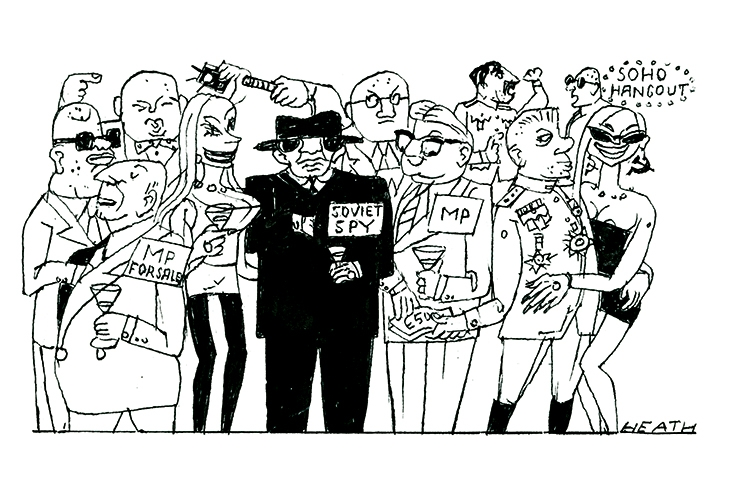At 1.30 p.m. on 7 September 1978, Georgi Markov, a Bulgarian dissident and BBC journalist, approached a bus stop at the south end of Waterloo bridge. As he gazed absent-mindedly across the Thames, office workers jostled him as they streamed past. Suddenly he felt a sharp pain on the back of his right thigh.
Already a subscriber? Log in
Subscribe for just $2 a week
Try a month of The Spectator Australia absolutely free and without commitment. Not only that but – if you choose to continue – you’ll pay just $2 a week for your first year.
- Unlimited access to spectator.com.au and app
- The weekly edition on the Spectator Australia app
- Spectator podcasts and newsletters
- Full access to spectator.co.uk
Or




















Comments
Don't miss out
Join the conversation with other Spectator Australia readers. Subscribe to leave a comment.
SUBSCRIBEAlready a subscriber? Log in